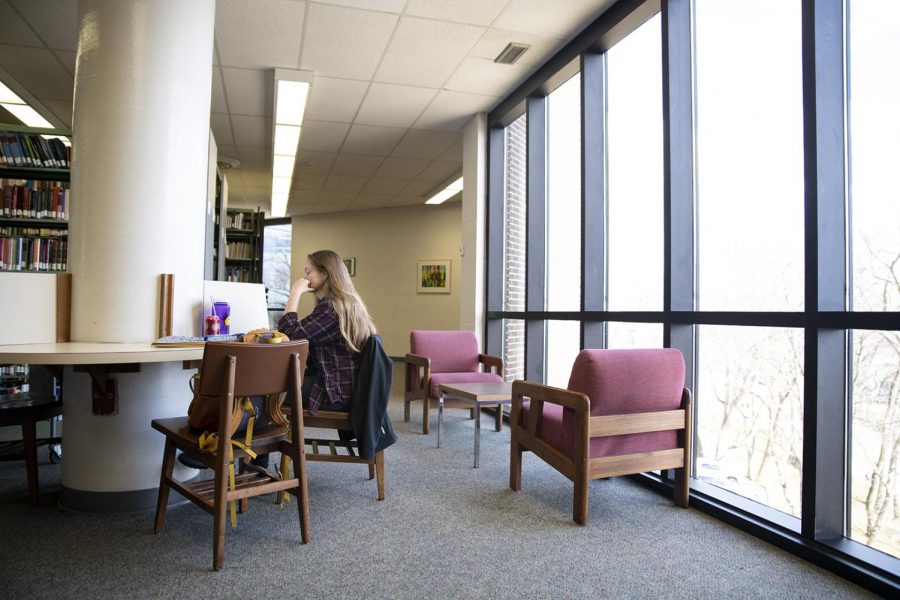WKU Commons project funded by Aramark contract
March 19, 2019
The new WKU Commons project, which is set to start construction later this spring, has received both praise and concern from students.
WKU Commons will be a space for faculty and students to work together and for commuter students to have a central space to dine and work.
Funding for the project comes from the contract WKU signed with Aramark in June 2017, which provided $35 million designated for food service renovations. Originally, the plan was to renovate Garrett Conference Center, which was first built in the 1950s and renovated in the 1960s.
Through the contract, which began after former President Gary Ransdell signed a 20-year contract with food company Aramark, students who opted
out of a WKU meal plan were required to pay a fee, which translated to Flex Dollars.
Brian Kuster, vice president for student affairs, said for commuters who pay the fee, WKU Commons will provide more available options for food and study services.
As of the Fall 2019 semester, the cost for students opting out of a meal plan will be $300 per semester. This fee will remain the same until the fall of 2022, where it will rise to $325, staying at that cost until the fall of 2026, where the final raise in fees will cost students $350 a semester.
When President Timothy Caboni joined WKU, the university explored more options. Kuster said it was decided to combine the initiatives of enhancing food options and creating a “library of the future” in creating the WKU Commons.
Winder, Georgia, senior Grayson Ivey and Hopkinsville senior Derek Lincoln are both nursing majors set to graduate in December. They said they spend a lot of their time studying at the Helm Library, often five days a week right after their classes.
Ivey said although the pictures he saw of the WKU Commons looked “pretty impressive,” he said he and Lincoln did not know where they will study next semester after it closes for renovations.
“They do a good job now keeping it clean and being there when students have questions,” Ivey said, referring to Helm Library. “I don’t know why they have to update it.”
Lincoln said the only other available options he saw for himself and Ivey included the Honors College and International Center and the 24-hour computer lab in Jody Richards Hall. However, he said he thought the computer lab in JRH was “too loud,” and he said he expects there to be “limited spots” in HCIC after Helm closes.
“It’s just going to suck because I don’t know where we will study next semester,” Lincoln said.
Louisville junior Emily Phillips said she has studied at the library, but she now does not go as often as she did during her freshman and sophomore years at WKU. “It just sucks that it’s going to shut
down after this year and I won’t get to benefit from it when it reopens, but it’ll be a neat thing for other people to experience,” Phillips said, referring to Helm Library. “It seems like a cool idea that they’re updating it and making it into, like, a second student center.”
Cincinnati freshman Lucy Houben said she was looking forward to the WKU Commons at Helm Library because of the multiple new dining options on campus. As a vegetarian, Houben said it is difficult for her to find healthy options on campus.
“I’m mad about the food options on campus,” Houben said. “I’ve thought about transferring from WKU because of it.”
Grayson County, Kentucky, junior Zayne Priddy said he was looking forward to the renovations.
“I like the fact that it’s going to be expanded,” Priddy said. “I like to go to the library a lot.”
News reporter Nicole Ziege can be reached at 270-745-6011 and nicole.ziege825@topper.wku.edu. Follow her on Twitter at @NicoleZiege.















